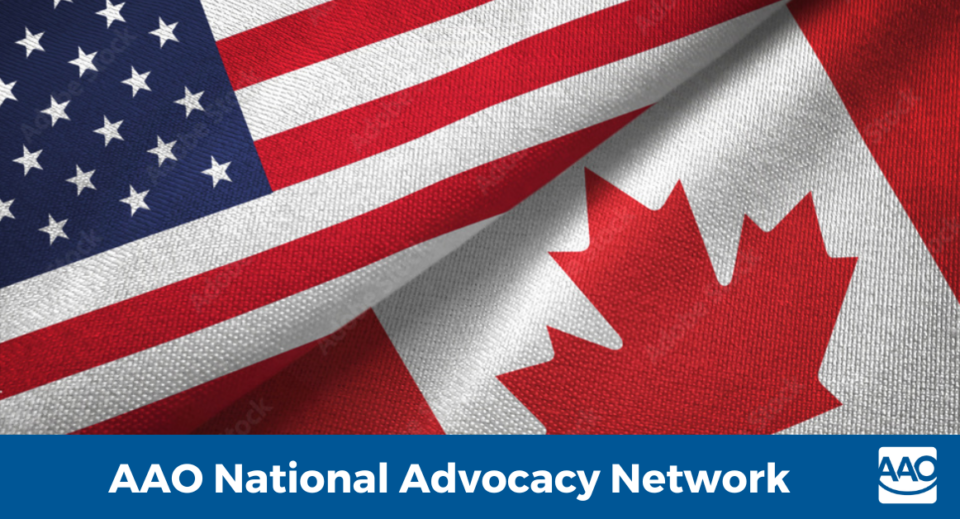AAO members who are employed as associates, or who provide patient care within Dental Service Organizations (DSOs) should be aware of several options for addressing the financial challenges of office closures during the COVID-19 pandemic. Key areas of financial mitigation to explore are described below.
File for Unemployment Benefits
The recently passed Coronavirus Aid, Relief, and Economic Security (CARES) Act includes a $600 per week increase in unemployment benefits for up to four months on top of regular state unemployment payments. In addition to those who are classified as employees, independent contractors are also eligible for the federal benefit.
The CARES Act benefit is called Federal Pandemic Unemployment Compensation (FPUC). The additional payments will last through July 31, 2020 or until you return to work.
There are a variety of circumstances that enable an employee to qualify for the federal payment, including:
- An individual’s place of employment has closed as a direct result of COVID-19; and
- An individual is unable to reach their place of employment due to an imposed quarantine or was advised by a medical provider to self-quarantine due to COVID-19.
The National Law Review offers additional unemployment compensation details. Note that unemployment payments are considered taxable income.
Student Loan Payment Forbearance
The U.S. Department of Education released the following information for federal student loan borrowers:
Your payments will automatically stop from March 13, 2020, through Sept. 30, 2020.
To provide relief to student loan borrowers during the COVID-19 national emergency, federal student loan borrowers are automatically being placed in an administrative forbearance, which allows you to temporarily stop making your monthly loan payment. This suspension of payments will last until Sept. 30, 2020, but you can still make payments if you choose. Read the borrower Q&As below to learn more.
The Department of Education has compiled a list of Frequently Asked Questions and Answers about the 0% interest period. Click here to learn more.
Have You Consolidated Your Loans through SoFi?
Social Finance Inc. (SoFi) is the AAO endorsed student loan consolidation discount program for members. If you consolidated your student loans through Social Finance Inc. (SoFi), please note the following message:
“Those members that have leveraged SoFi’s student loan refinancing program endorsed by the AAO should reach out to SoFi directly with any questions they might have. If you are experiencing difficulty making your payments due to the Coronavirus situation, please contact us to discuss your forbearance options available to temporarily postpone your monthly payment. If you are directly impacted by Coronavirus or you are experiencing interruption, reduction or loss of pay due to the National Emergency, we can help you.
“Amid evolving news and uncertainty surrounding COVID-19, your financial needs are our priority. Please contact us at [email protected] or chat with us at SoFi.com. We are also available via phone at 1-855-456-7634.”
Mortgage Payment Forbearance and Renters’ Protection
The CARES Act also includes two categories of protection for homeowners who have federally backed mortgages*:
- A foreclosure moratorium for 60 days after March 18, 2020;
- A right to forbearance for homeowners who are experiencing a financial hardship due to the COVID-19 emergency. That means your mortgage provider is required to allow you to pause or reduce your payments for up to 180 days. Missed or reduced payment would have to be made up in the future.
Exact forbearance options may vary depending on the type of loan you have. Arrangements must be made with your lender. The Consumer Financial Protection Bureau recommends that if you are able to do so, make your current mortgage payment and refrain from calling your lender. If you cannot make your payment, call your lender immediately.
The CARES Act also includes some protections for renters whose landlords hold federally backed mortgages. These include a suspension or a moratorium on evictions for non-payment for 120 days starting March 27.
The Consumer Financial Protection Bureau addresses these and additional details and offers resources including a decision-making guide.
* If your mortgage is not federally backed, other relief options may be available through your mortgage servicer or from your state.
Credit Card Payment Relief
Options vary from one financial services company to another, but many credit card issuers are offering cardholders no-interest payment deferrals, credit limit increases and hardship plans.
Your credit card company’s website may describe available options, or call the customer service website. Most companies are reporting high call volumes, however, so be prepared for a long wait if you call.
On March 31, Credit Karma published an article summarizing some of the most widely used card issuers’ options. Some companies may have updated their information since the article was published so again, check with your individual card issuer for the latest information.



